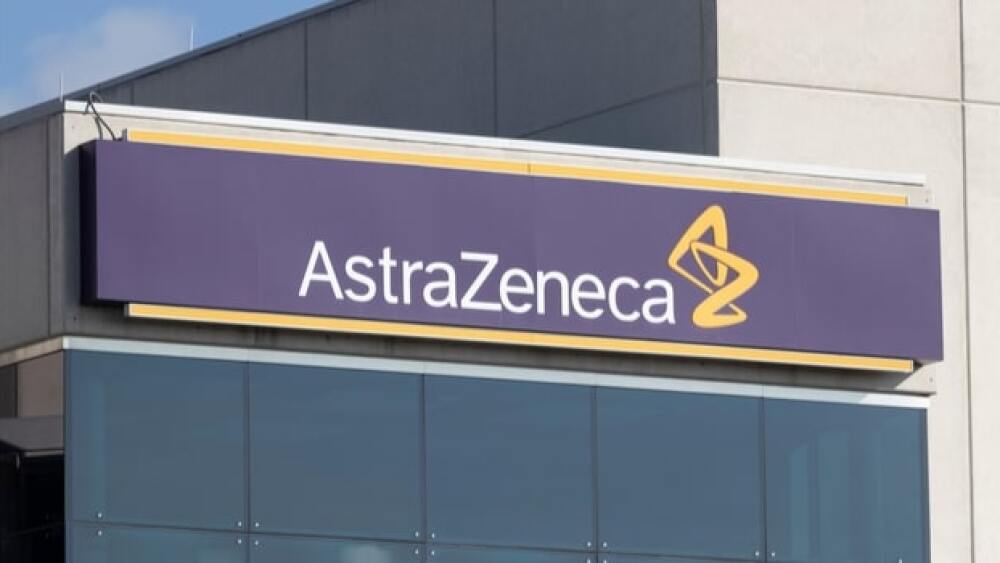The FDA deemed AstraZeneca’s PT027 to have a favorable risk-benefit profile for treating asthma in patients aged 18 or older but was less keen on supporting the drug in younger populations.
Courtesy Jonathan Weiss/Shutterstock
The FDA’s Pulmonary-Allergy Drugs Advisory Committee decided Wednesday that AstraZeneca’s PT027 (albuterol/budesonide) has a favorable risk-benefit profile for treating asthma in patients 18 or older but was less enthusiastic about supporting the drug in younger populations.
In a 9-8 vote, the PADAC decided that existing data do not support an overall positive risk-benefit profile for asthma in adolescents aged 12 to 17 years. The verdict was worse for children aged 4 to 11 years, with the committee voting 16-1 against PT027.
According to Bradley E. Chipps, former president of the American College of Allergy, Asthma & Immunology, current asthma rescue medications only alleviate exacerbation symptoms for a short amount of time but do not address the “underlying inflammation.”
Wednesday’s PADAC vote makes PT027 the first and only rescue medication recommended for approval in the U.S. and could become the first combination therapy of its type approved for use in the country.
“If approved, PT027 could transform the current rescue treatment approach,” Chipps said.
The Data Supporting the Submission
AstraZeneca and British partner Avillion submitted the new drug application for PT207 earlier this year and were given an FDA action date for the first half of 2023.
Data from the Phase III MANDALA, DENALI and TYREE trials supported the filing. The data also showed the candidate safely cut the risk of severe exacerbations and boosted lung function in patients with asthma.
However, the PADAC pointed out in its briefing document that breaking down MANDALA’s findings by patient age group revealed the candidate was only significantly effective in patients aged 18 years or above. This was reflected in the 16-1 vote.
For those younger than 18, neither the 160/180-µg nor 80/180-µg dose of PT027 led to a significant delay in the first exacerbation episode.
In particular, the committee flagged large confidence intervals likely due to the small number of younger patients enrolled in the study. This resulted in uncertainties in efficacy findings and severely limited the ability to extrapolate data from adults to younger patients.
“The uncertainty of the data in pediatric subjects is an important focus of the AC panel discussion,” the document read.
The small number of enrolled children, and thus the uncertainty of the data, was also an issue that the advisory committee flagged when analyzing safety data, but they conceded that they found no new signals of concern. PT027 had a tolerability profile consistent with that of its individual components.
An AstraZeneca spokesperson told BioSpace that MANDALA wasn’t designed to “demonstrate statistical difference in subgroups which by nature are smaller in size.”
The FDA had approved the study’s design, and the enrollment of pediatric patients was in accordance with targets set by the regulatory body.
“The intent was that the overall population in MANDALA would support approval in children ages 4 to 11, adolescents and adults,” the spokesperson added. AstraZeneca continues to believe that PT027 could indeed yield clinical benefits in pediatric patients and, along with partner Avillion, will work with the FDA to identify the best way forward for this subgroup.
PT027 is a potential first-in-class, pressurized metered-dose inhaler that delivers a fixed dose of albuterol and budesonide. Albuterol is a short-acting agonist of beta-2 adrenergic receptors that helps relax smooth muscles and eases hypersensitivity in the bronchi. Meanwhile, budesonide is a well-known inhaled corticosteroid that prevents lung inflammation, leading to less severe asthma attacks.
This two-pronged action against asthma led to positive efficacy numbers in the MANDALA trial. PT027 reduced the risk of severe exacerbations by nearly 30% compared to the rescue with albuterol alone.






